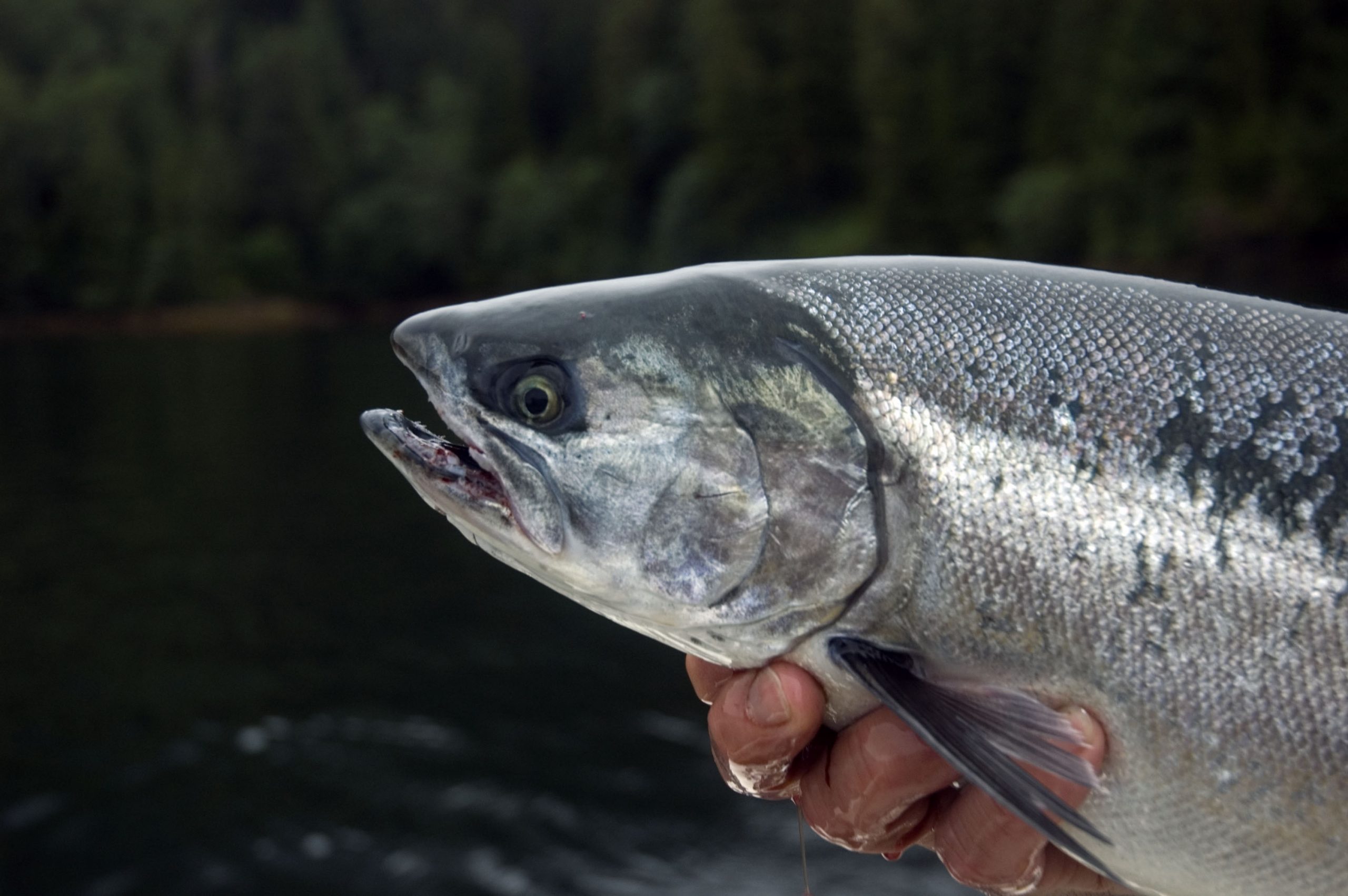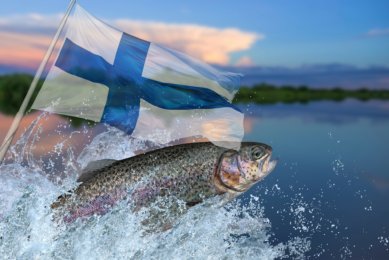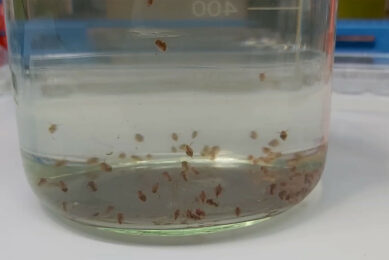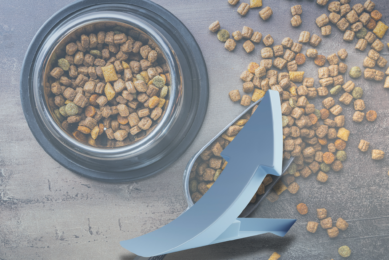EU agrees on insect protein for aquafeed

IPIFF, the European Umbrella Organisation representing the interests of the Insect Production sector for Food and Feed – welcomed the ‘green light’ given by EU Member States on the authorisation of insect proteins as fish feed.
The EU Member States representatives endorsed a European Commission proposal which was discussed today in a meeting of the EU Standing Committee on Plants, Animals, Food and Feed (SCoPAFF). The text is expected to be formally adopted during the spring 2017, which means that insect proteins should be effectively authorised for use in fish feed as from 1st July 2017. This is earlier than predictions from Dutch bank ABN Amro who forecasts Q3 2017 for approval of insect meal in aquafeed.
Reacting to Member States’ vote, IPIFF president Antoine Hubert said: “We are particularly pleased with the move made by EU institutions: the opening of this legislation is in our view a major milestone towards the development of the European insect production sector.”
IPIFF vice president Tarique Arsiwalla recalled the recent opinion from the European Food Safety Authority’s (EFSA) dated from 8 October 2015, which concluded that insects fed with plant based materials entail no risks if insect producers comply with best hygiene practices. “This is precisely the case of the IPIFF members, who comply with very stringent risk management procedures, in accordance with the EU food and feed safety legislations,” explained Arsiwalla.
Looking ahead, IPIFF expressed the will to pursue efforts towards a possible authorisation of insect proteins to other non-ruminant species (e.g. pigs and poultry) or to allow to use other ‘high grade’ materials to feed their insects. “We will plead for further relaxation of EU rules, in case safety conditions associated with these new routes have been demonstrated,” explained Hubert. The recent ABN Amro report on this topic expects approval of insect meal for pigs and poultry in 2020.
“In the long run, these changes should contribute to alleviate European dependency on protein imports, whilst securing a promising source of protein for EU farmers & customers,” concluded the IPIFF chair.
Also outside the EU, the reactions are positive. Jason Drew, co-founder of AgriProtein (the world’s biggest fly-farmer, established in South Africa) said. “Yesterday’s move by EU regulators brings insect protein into the mainstream of ingredients permitted in animal feed. This is a big step forward for the environment and for world food security. Trawling the oceans to produce fishmeal is one of the most destructive activities on the planet. Replacing fish protein with insect protein in animal diets allows us to dedicate our oceans to production for human consumption alone.” Drew hopes that regulators now move to the next logical step: give insect protein the green light as a feed for all non-ruminants. He also states that post-consumer waste should be given the green light as insect-rearing material, which is done outside the EU. “Outside the EU, our fly-factories are already making a big dent in the waste-to-landfill problem,” said Drew.











